TWILIGHT: LOS ANGELES, 1992 is the magnificent season-opening salvo at The American Repertory Theater! Anna Deavere Smith’s astonishing theatrical document captures the fraught history of racism in America, here revised as an ensemble piece and sleekly directed by Taibi Magar. It’s hard to imagine that Anna Deveare Smith ever acted all the parts herself, but her acting talents are as capacious as her intellect and acute observational skills. The solo show was a technical and thematic tour de force as all of these dissonant voices found an outlet in ONE staggering performance. But this update remains extraordinary for its enduring and frightening relevance today. More than a chronology of events, TWILIGHT: LOS ANGELES 1992 attempts a profound and fluid excavation of the whole truth.
Here a brilliant ensemble delivers a portrait of the events of that fiery L.A. summer 30 years ago when the beating of Rodney King in plain sight of passersby and broadcast TV watchers shocked and revolted most sentient viewers, followed by the acquittal of the baton-wielding police who beat King bloody and set off a firestorm of revolt across the city. Act II seems inevitable given our resistance to change; it brings us up to date as it invokes George Floyd’s torture and death at the hands of an ostensibly cool, calm, and collected trio of police officers making old news, news. Once again the tragedy is captured on video and amplified by social media on steroids. Sadly, the relevance of the work’s clear-eyed vision of the ingrained divisions among us would have reverberated through time with potent immediacy even without Act II. Have we learned nothing?
In the course of the piece, five actors — Elena Hurst, Wesley T. Jones, Francis Jue, Carl Palmer, Tiffany Rachelle Stewart– take turns giving life to these voices on a relatively bare stage. Each performance is striking as each actor plays multiple characters of different genders, races, and ethnicities, sometimes within seconds of each other in viscerally vivid vignettes. Again, the continuum of disparate characters embodied by each single actor suggests a common humanity, the possibility for connection. Each character’s name and description appear in headlines above them on a video screen which also reveals footage of the King beating, and the subsequent protests and rioting. We hear from an eye-opening cross-section of people famous, infamous, and not at all famous–the piece is a great leveler, all perspectives valued, each revealing some aspect of a complex truth as we witness the wounds of a country in conflict with itself.
Drawn verbatim from 350 interviews, Deavere’s piece delivers a cultural collage: from Maxine Waters to Charlton Heston, an enraged ex-marine to a psycho, self-absorbed, siliconed Beverly Hills real estate agent; there’s Rodney King’s aunt and Reginald Denny; Korean shopkeepers, academics, journalists, jurors, and one of the policemen who beat King, lamenting his diminishment in the eyes of his son. Act I ends with a paroxysm of wrath and lamentation delivered by the towering soprano Jessye Norman. Deavere’s script calibrates the accumulated rage, frustration, bewilderment, defensiveness, guilt, sorrow, resentment of this cacophonous cross section and finds the universal truths through the noise: A riot is the voice of the unheard. Disorder creates a vacuum which consumes itself.
Finally a meditation on the title itself. “Twilight” is not just a reference to a time of day which yields to night and by metaphorical extension to a dimming of America as we begin to lose our way. Deavere doesn’t leave us in the dark, but rather unearths richer, more nuanced meaning in the half light by way of the musings of one of her interviewees–former gang member Twilight Bey from whose name the title derives. He speaks of twilight as a time when there is both light and dark, an in-between time when harsh boundaries dissolve and we live in the limbo of our shared humanity.
TWILIGHT: LOS ANGELES, 1992 is that. It is Deavere’s unique genius to recognize the pivotal, dramatic real life moments which raise our consciousness; she has captured these moments in the heightened reality of a theater’s stage so we can absorb them in the twilight of the truths they reveal. It’s the reason I go to the theater. SEE TWILIGHT: LOS ANGELES, 1992 at American Repertory Theater through September 24.
1,500 tickets priced at $5 and 1,000 free tickets for public high school students will be available across the upcoming 29 performances of Twilight: Los Angeles, 1992.


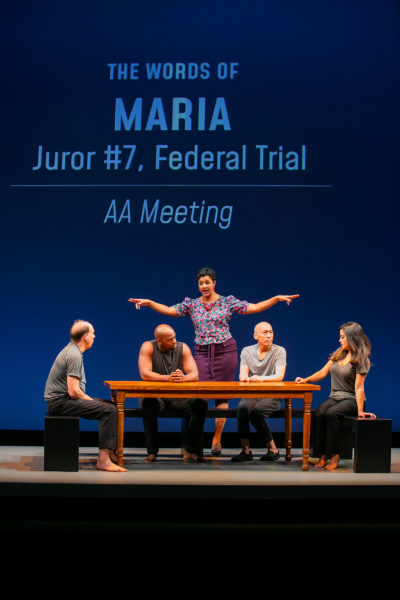

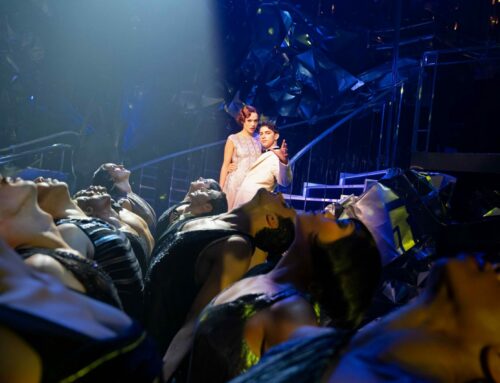
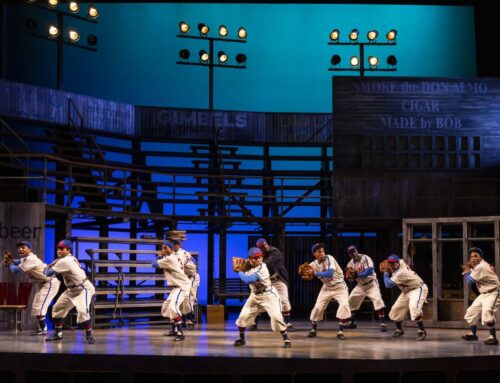
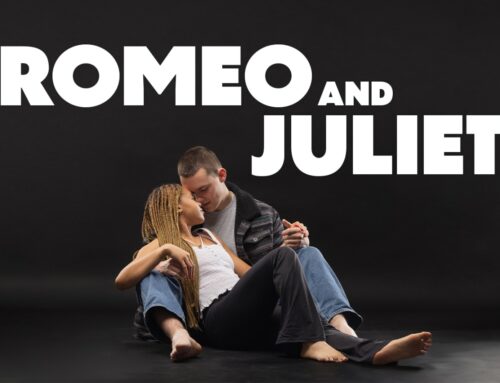
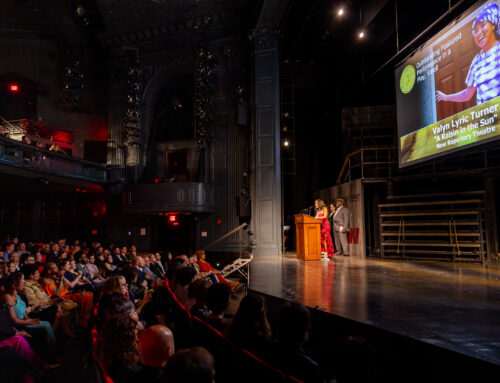
Leave A Comment
You must be logged in to post a comment.